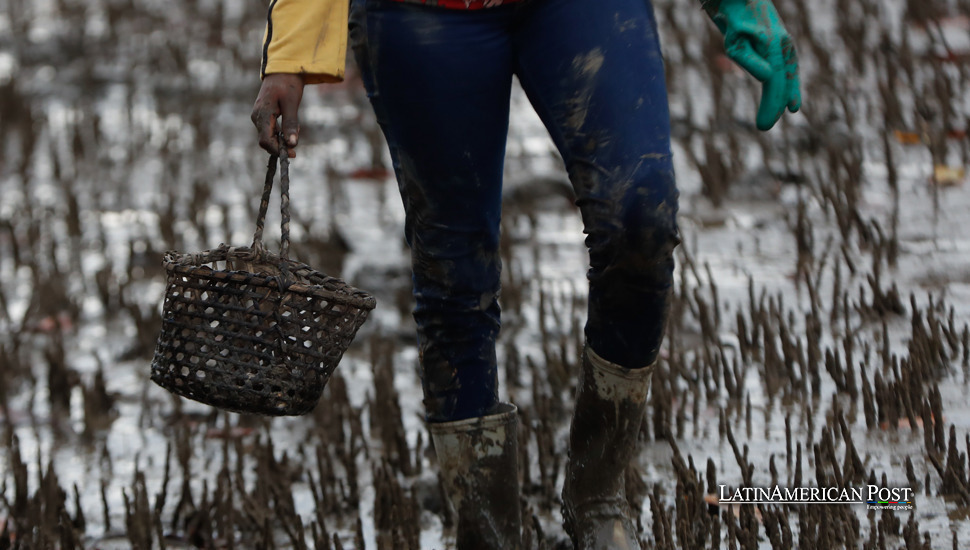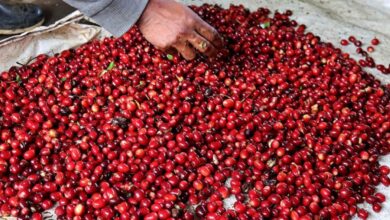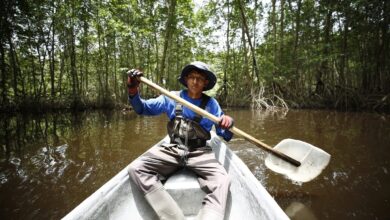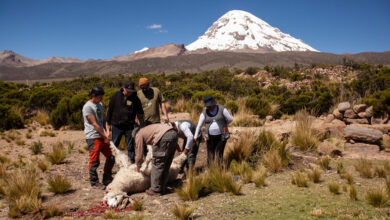Colombia’s Mangrove Women Forge Tradition and Sustainability

Women gather piangüa, a shellfish, in the mangroves along Colombia’s Pacific coast. This resource helps feed their families and keeps old traditions alive. Their group supports local communities, guards nature’s richness, and plays a crucial role in preserving cultural traditions. They also strive for worldwide acknowledgment of their craft, which stands for strength, lasting practices, and cultural history.
Women Empowered by Tradition
When the tide ebbs along Colombia’s Pacific coast, a group of women dons rubber boots, boards wooden rafts, and ventures into the mangroves. Their mission involves gathering piangüa, a mollusk that feeds their families, gives them strength, and holds a significant place in their community’s cultural heritage. These women, deeply connected to the traditions of La Plata in the heart of Uramba-Bahía Málaga National Natural Park, redefine sustainability and resistance through their ancient craft. They preserve their traditions.
They have six hours to work as the clock ticks before the tide rises again. Immersed in the mud, they sing to pass the time, undeterred by sun or rain, filling their containers with the mussel-like mollusks used to prepare treasured recipes. “This is an ancestral activity that provides economic sustainability for us as women,” says Matilde Mosquera Murillo, legal representative of the Asociación Raíces Piangüeras. “It symbolizes cultural resistance and preserves our gastronomic traditions.”
At just 27 years old, Mosquera, a trained sociologist, has taken the helm of this organization, founded in 2019. Under her leadership, more than 70 women have joined the collective, making the piangüeras of La Plata-Bahía Málaga a cornerstone of conservation efforts in the region. “We monitor the mangroves because we understand their critical role in the ecosystem—they are nurseries for thousands of species,” Mosquera explains. “Every step we take aims for sustainability, ensuring that all our initiatives protect nature.”
From Local Tradition to Global Recognition
Their work has transcended borders. In 2023, the Asociación Raíces Piangüeras hosted the inaugural Encuentro de Mujeres Piangüeras del Pacífico Colombiano, a gathering of women dedicated to the piangüa tradition. During this event, they urged the Colombian government to petition UNESCO to recognize piangüeo as an intangible cultural heritage. Their advocacy for global recognition is a cause that deserves our support. “We believe in the political empowerment of women,” Mosquera emphasizes. Our voices must be heard in decision-making processes, shaping public policies, and globally recognizing our ancestral work.”
The La Plata archipelago is an ecological treasure, and the piangüeras are crucial in its conservation. Their work ensures the preservation of its vibrant biodiversity, which includes 1,396 species, among them birds, reptiles, mammals, and amphibians. The waters teem with marine life, from eight species of sharks and 22 types of rays to 348 fish species. This vibrant biodiversity thrives among six mangroves: red, black, white, button, piñuelo, and comedy mangroves.
Unity Rooted in Conservation
Santiago Valencia, leader of the La Plata-Bahía Málaga Community Council, highlights the women’s unique approach to sustainability. They use a tool known as a piangüímetro, a ruler-like instrument that ensures the mollusks they harvest have completed their reproductive cycle. “Their organization is as strong as the mangrove roots,” Valencia says. “They even come together to reforest when necessary. Their unity gives them strength to look for new opportunities. They see themselves as mighty women, entrepreneurs, and guardians of nature.
This unity drives the piangüeras to find resources to improve their skills and grow their businesses. Some women have diversified into creating salves from medicinal jungle plants, crafting ancestral beverages, and even considering vacuum-packing piangüa for export. “When we work in the mangroves, we sing as a symbol of our power and a way to express our feelings,” Mosquera shares. “It harmonizes our activity and reinforces the importance of what we do. This heritage will live on through our children and future generations.”
Also Read: Ecuador’s Galápagos Mangroves in Danger Despite Conservation Efforts
The piangüeras show a unique mix of strength and creativity. They use old wisdom and new ways to care for the environment. This helps keep their culture alive. It also shows how people can grow economically and care for nature simultaneously. Their efforts prove the lasting power of Colombia’s women and how local actions can create long-lasting changes. Mosquera believes the collective and community have a promising future. “This work is about more than survival; it’s about who we are, our pride, and keeping our environment safe,” she says.





